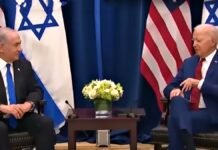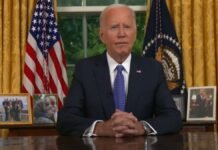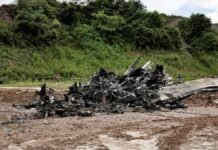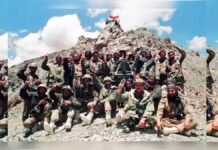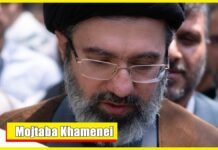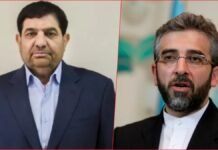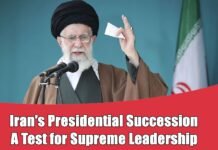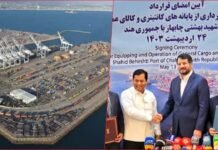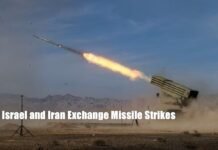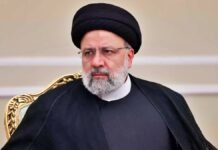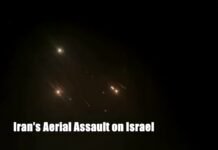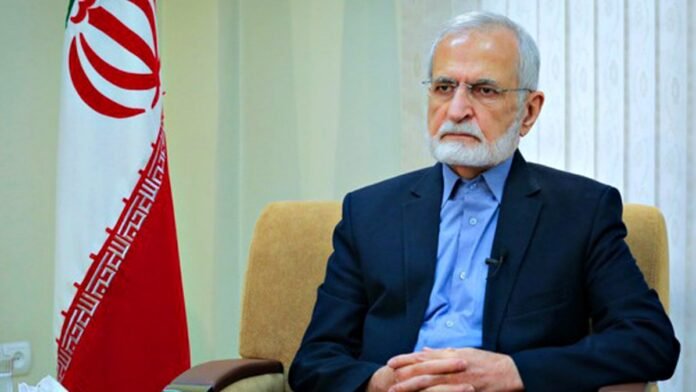
Tehran: In Tehran, a significant statement from Kamal Kharrazi, an adviser to Iran’s Supreme Leader Ayatollah Ali Khamenei, has sparked renewed global concern regarding Iran’s nuclear intentions. Amidst escalating tensions with Israel, Kharrazi has signaled a potential shift in Iran’s longstanding nuclear doctrine. This development comes as the nation perceives an existential threat from Israel, prompting Kharrazi to declare that while Iran has not decided to develop a nuclear bomb, it may reconsider its military doctrine if its survival is at stake.
The catalyst for this heightened state of alert was the bombing of Iran’s embassy in Damascus earlier in April, which led to Iran launching a series of explosive drones and missiles targeting Israeli territory. This aggressive response underscores the fragile balance of power in the region and the potential for rapid escalation.
Despite a historical religious decree by Ayatollah Khamenei prohibiting the development of nuclear weapons, Iran’s intelligence minister in 2021 hinted that external pressures, especially from Western nations, might compel Iran to reevaluate its nuclear position.
Kharrazi further emphasized that any attack on Iran’s nuclear facilities by Israel would prompt a significant alteration in Iran’s approach to its defense capabilities. This statement reflects a stark departure from Iran’s previous assurances of peaceful nuclear ambitions.
Concurrently, Iran’s engagement with the International Atomic Energy Agency (IAEA) has produced ambiguous outcomes. While some discussions have been labeled as positive, the lack of clarity on tangible results has been a source of international frustration.
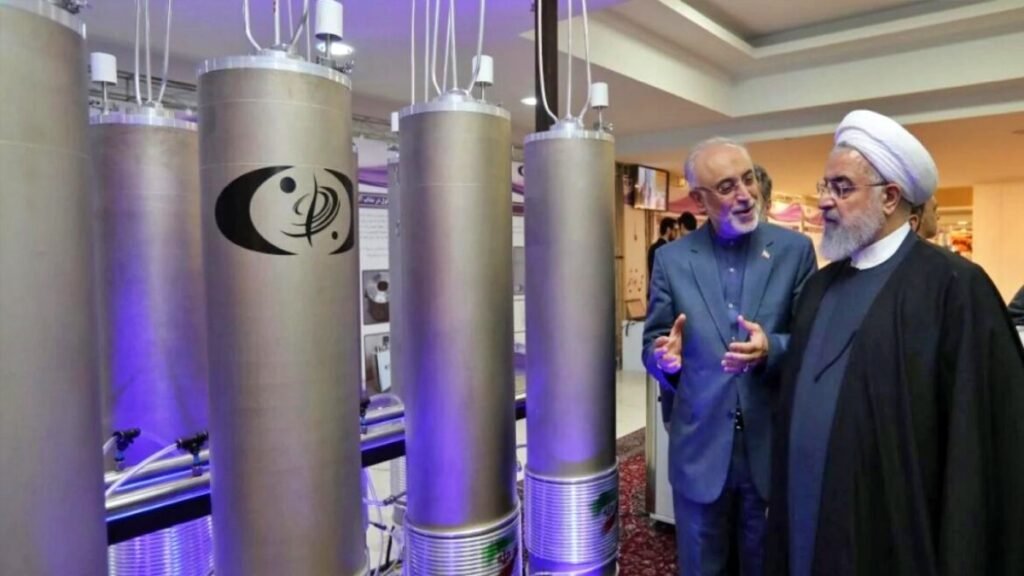
IAEA Director General Rafael Grossi has voiced his dissatisfaction with Iran’s cooperation, stressing the need for immediate and concrete actions to resolve the international community’s concerns about Iran’s nuclear activities.
In the previous year, Iran pledged to aid in the probe of unreported uranium particles and to reestablish a monitoring apparatus. Nevertheless, recent IAEA reports suggest that these commitments have not translated into substantial advancements, casting doubt on Iran’s transparency and intentions in the nuclear arena.





